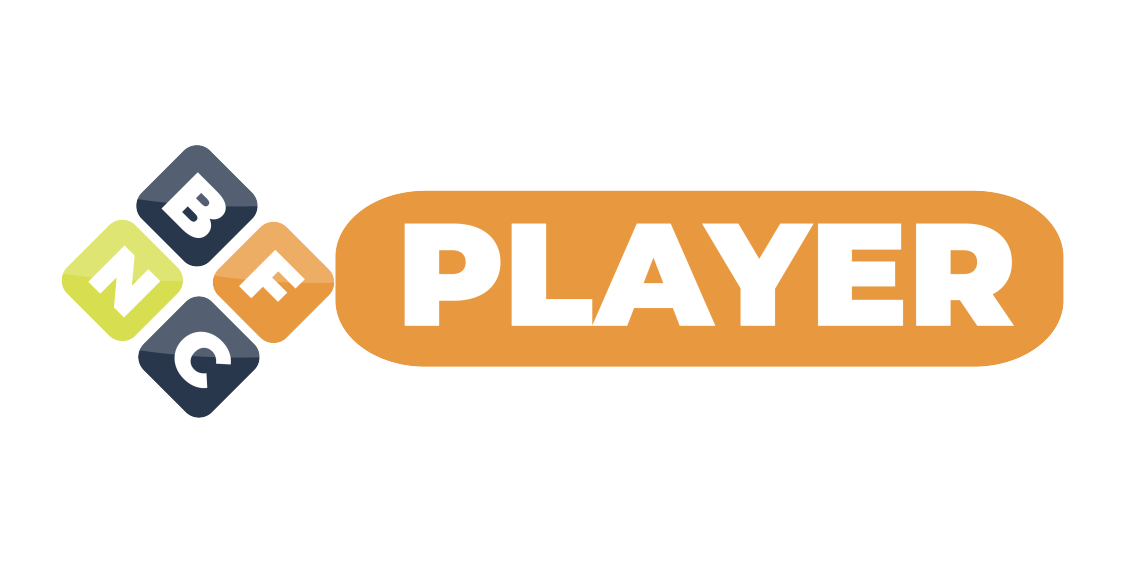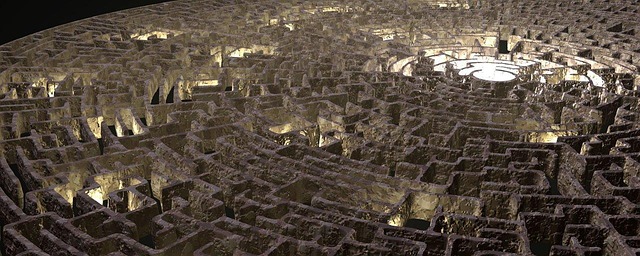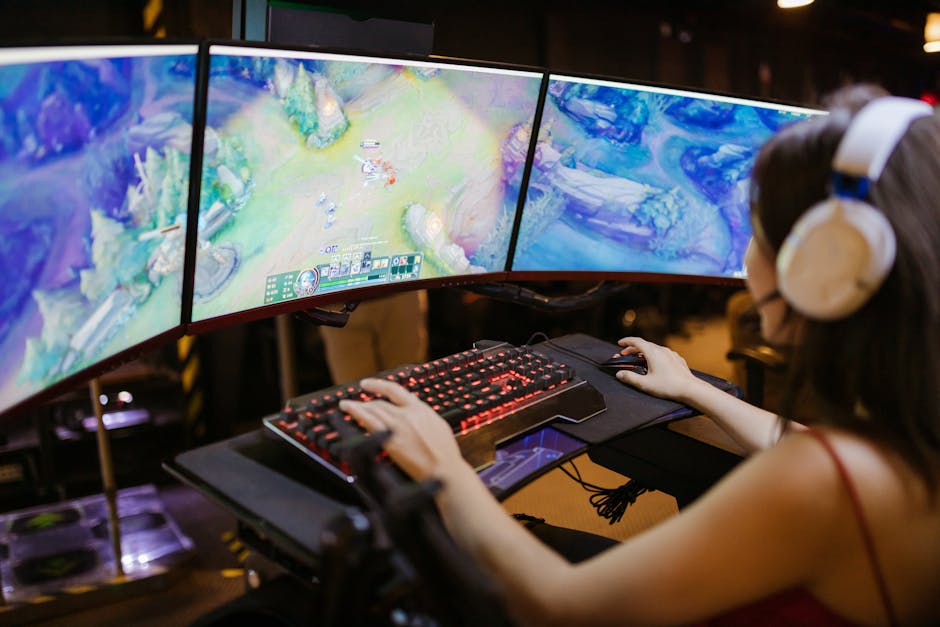The Son of Neptune Series in Order: Discipline and Development
The son of neptune series in order refers to the second arc of Riordan’s linked fantasy worlds. Time, memory, and prophecy only make sense if read sequentially:
1. The Lost Hero
Jason Grace wakes with no memory on a school bus. He’s forced into Camp HalfBlood, joining Piper and Leo on a quest to rescue Hera. Jason’s innate discipline—a result of Roman demigod training—shapes battle strategy and team dynamics, but his lost past leaves strengths unanchored. Prophecy emerges as a layered puzzle.
2. The Son of Neptune
Percy Jackson, now memorywiped, arrives at Camp Jupiter (Rome to HalfBlood’s Greece). He’s joined by Hazel (haunted by death and fortune) and Frank (burdened by shapeshifting gifts and ancestral expectations). Percy’s survival means adapting to Roman order—praetor councils, centuries, lares, and relentless drills.
Reading the son of neptune series in order, you see Percy transform: centurion, not just hero. Tested by mythic monsters and the cold wilds of Alaska, the group’s discipline cements their victory.
3. The Mark of Athena
Greek and Roman camps unite—uneasily. Annabeth, now captain and strategist, must reconcile the Greek drive for autonomy with Roman coordination. Jason, Percy, and company face not just monsters, but split allegiances. Betrayal, loss, and the hardwon moments of trust pay off only when the son of neptune series in order is respected.
4. The House of Hades
With two of their own in Tartarus, the remaining heroes must flex all Roman values: selfsacrifice, discipline under fire, and the strength to continue without glory. Prophecies double down, and the burden of leadership weighs heavier.
5. The Blood of Olympus
The endgame for Gaea, the gods, and both camps. The son of neptune series in order ensures every prophecy, loss, and partnership pays off. Jason’s, Hazel’s, and Frank’s growth are logical conclusions, not sudden developments.
Roman Hero: Structure and Code
Roman demigods are defined by more than fighting prowess.
Camp Jupiter’s order: Marches, legions, chain of command. Praetor and centurion rank, not loose hero bands. Oaths: Binding, tracked, and more important than personal desire. Legacy and expectation: Every hero answers to family history and future glory.
Daily discipline—training, formation, rituals—shapes how quests, alliances, and even romance unfold.
Why Series Order Matters
The son of neptune series in order reveals growth and cost:
Characters like Hazel and Frank shed fear and ambiguity, emerging as true leaders only after layered trials. Jason’s lost memories and divided loyalties resolve only for readers who’ve walked his entire arc. Roman and Greek differences are resolved not in a single “lesson learned” moment, but across repeated conflict, negotiation, and sacrifice.
Skipping books erases impact; discipline in sequence delivers clarity, not confusion.
Prophecy and Responsibility
Roman demigod quests are more than monsterhunting:
Prophecies are a call to duty—each demigod is expected to read, interpret, and pursue them as instructions, not suggestions. Victory is as much about teamwork—legion style—as individual heroism.
Failure is remembered; success is honored, but not without critique.
Teamwork and Survival
The Romans push for routine:
March in formation, sleep in shifts, defend each other, and always plan for the long game. Quests in the son of neptune series in order are not solo crusades; they are structured campaigns, every risk calculated, every cost logged.
This rigor separates them from their Greek counterparts—and, at times, divides them.
Why the Roman Demigod Endures
Victory without discipline is luck; Roman heroes prize preparation and measured risk. Loyalty is never blind—oaths are tested and, when broken, lead to consequences, sometimes exile. Leadership is forged: first as follower, then as planner, finally as sacrificial commander.
You see this embodied only by following the son of neptune series in order.
Final Thoughts
The modern Roman demigod hero is about more than swordplay—it’s about duty, routine, and the discipline to serve a cause, not just a desire. Riordan’s Roman arc is as tightly plotted as any centurion’s drill: reading the son of neptune series in order is mandatory for narrative logic and full payoff. From Jason’s first orders to Percy’s adaptation to a rigid chain of command, every challenge is answered not by luck, but by structure. The result: victory, survival, and friendship—earned, not inherited. For young readers and writers, Roman myth teaches that real power is built, not found.



